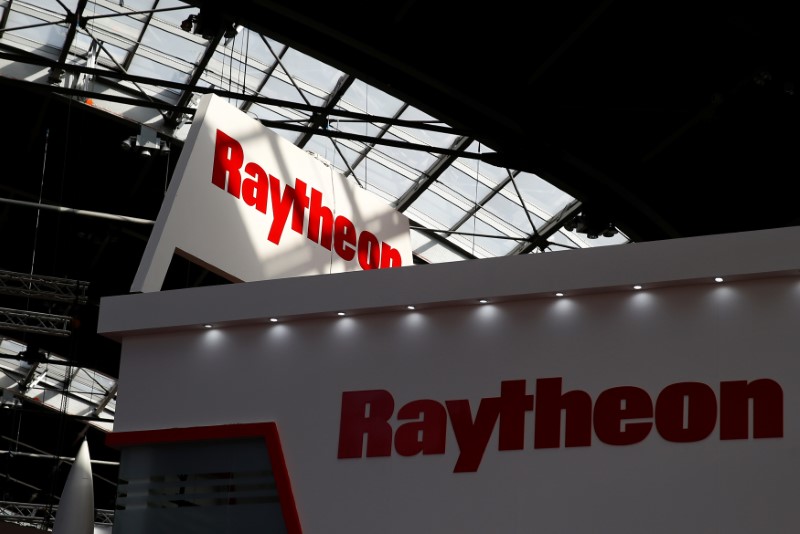Nvidia among investors in xAI’s $20bn capital raise - Bloomberg News
Investing.com -- Rtx Corp (NYSE:RTX) cut its full-year adjusted earnings per share guidance on Tuesday, despite reporting strong second-quarter results that exceeded analyst expectations.
The aerospace and defense company now expects adjusted earnings per share of $5.80 to $5.95 for 2025, down from its previous forecast of $6.00 to $6.15. The new guidance falls below the average analyst estimate of $5.98.
RTX raised its sales outlook, projecting adjusted sales between $84.75 billion and $85.5 billion, up from its earlier forecast of $83 billion to $84 billion. The company maintained its free cash flow guidance of $7 billion to $7.5 billion.
For the second quarter, RTX reported adjusted earnings per share of $1.56, surpassing both the $1.41 reported in the same period last year and analyst estimates of $1.45. Adjusted sales reached $21.58 billion, representing a 9% year-over-year increase and exceeding the $20.64 billion analysts had predicted.
All three of RTX’s business segments showed growth in the quarter. Collins Aerospace Systems posted sales of $7.62 billion, up 8.9% from the previous year. Pratt & Whitney recorded the strongest growth with sales of $7.63 billion, a 12% increase year-over-year. Raytheon (NYSE:RTN)’s sales grew 7.5% to $7 billion.
"We continued our momentum in the second quarter with organic sales and profit growth across all three segments, including 16 percent commercial aftermarket growth," said RTX Chairman and CEO Chris Calio. "Our backlog grew to $236 billion, up 15 percent versus prior year, and we secured major awards for our geared turbofan engines and integrated air and missile defense capabilities in the quarter."
The company stated that its updated outlook "reflects strong first half operational performance and incorporates the expected impact of tariffs and changes associated with recently enacted tax legislation."
RTX reported negative free cash flow of $72 million for the quarter, compared to positive $2.20 billion in the same period last year. This fell short of analyst expectations of positive $564.6 million.
The company’s backlog grew to $236 billion, representing a 15% increase compared to the previous year.
